Design Files
2 design files
-
Symbols and Footprints
PCA9538APW-TSSOP16-CAD Symbol and PCB Footprint – BXL File
-
Symbols and Footprints
PCA9538ABS-HVQFN16-CAD Symbol and PCB Footprint – BXL File
The PCA9538A is a low-voltage 8-bit General Purpose Input/Output (GPIO) expander with interrupt and reset for I2C-bus/SMBus applications. NXP I/O expanders provide a simple solution when additional I/Os are needed while keeping interconnections to a minimum, for example, in ACPI power switches, sensors, push buttons, LEDs, fan control, etc.
In addition to providing a flexible set of GPIOs, the wide VDD range of 1.65 V to 5.5 V allows the PCA9538A to interface with next-generation microprocessors and microcontrollers where supply levels are dropping down to conserve power.
The PCA9538A contains the PCA9538A register set of four 8-bit configuration, input, output and Polarity Inversion registers.
The PCA9538A is a pin-to-pin replacement for the PCA9538 and other industry-standard devices. A more fully functional device, the PCAL9538A, is available with Agile I/O features. See the respective data sheet for more details.
The PCA9538A open-drain interrupt (INT) output is activated when any input state differs from its corresponding Input Port register state and is used to indicate to the system controller that an input state has changed.
INT can be connected to the interrupt input of a microcontroller. By sending an interrupt signal on this line, the remote I/O can inform the microcontroller if there is incoming data on its ports without having to communicate via the I2C-bus. Thus, the PCA9538A can remain a simple target device.
The device outputs have 25 mA sink capabilities for directly driving LEDs while consuming low device current.
The power-on reset sets the registers to their default values and initializes the device state machine. In the PCA9538A, the RESET pin causes the same reset/default I/O input configuration to occur without de-powering the device, holding the registers and I2C-bus state machine in their default state until the RESET input is once again HIGH. This input requires a pull-up to VDD.
Two hardware pins (A0, A1) select the fixed I2C-bus address and allow up to four devices to share the same I2C-bus/SMBus.
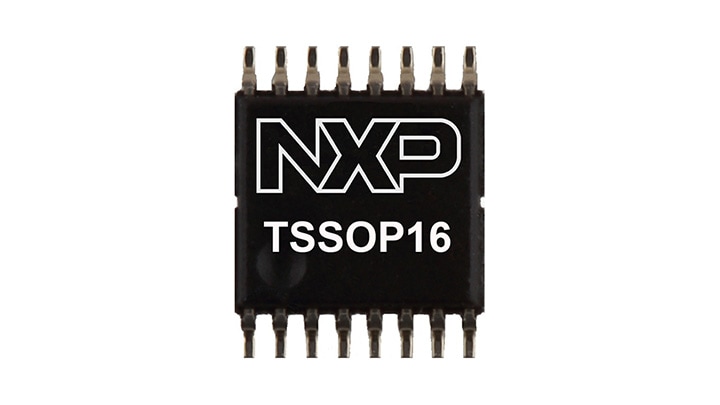
Part numbers include: PCA9538ABS, PCA9538APW.
Quick reference to our documentation types.
1-5 of 6 documents
Please wait while your secure files are loading.
2 design files
Please wait while your secure files are loading.
3 hardware offerings
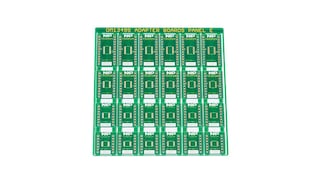
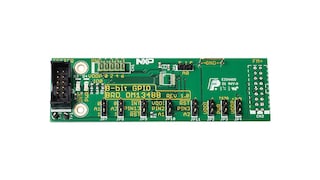
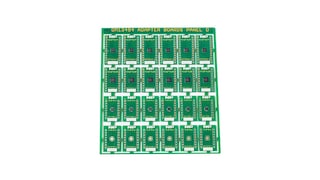
2 hardware offerings
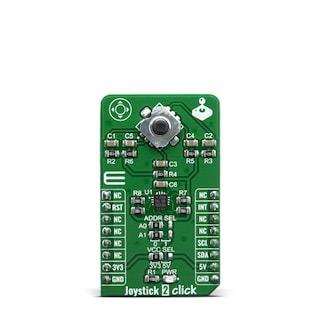
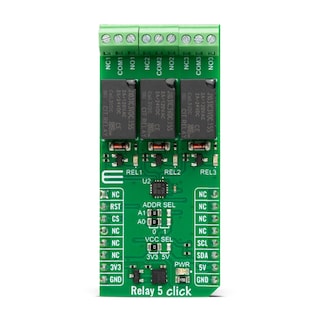
To find additional partner offerings that support this product, visit our Partner Marketplace.
1 engineering service

There are no results for this selection.
To find additional partner offerings that support this product, visit our Partner Marketplace.